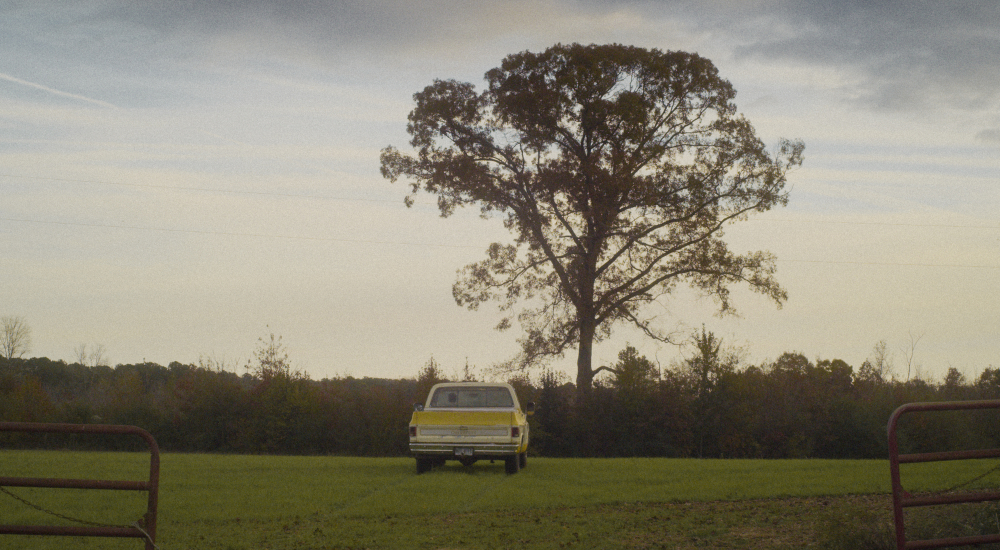"To be Black in Griffin is you always know you're Black," a woman says in voiceover in the opening minutes of this true-crime documentary. That a town in Georgia has racist history is not surprising. But In the Cold Dark Night shows just how deep its roots of hatred go. Griffin is less than an hour south of where I live in Georgia, but even I had no idea how dark its history is.
In 1983, Timothy Coggins' body was found in a field. He had been tortured before bleeding to death. Yet when the film begins 35 years later, his murder is still unsolved. How could a crime so awful have gone cold? There are some major answers to be found in this slick documentary, but a few are left unresolved.
Darrell Dix emerges as the major focus of the film. He's the newly elected sheriff who vows reform in his office and hopes to rebuild the relationship between law enforcement and the community, which is still somewhat segregated. One of his major projects is working with the Georgia Bureau of Investigation to solve Coggins' murder. But can justice be done in a town that's glossed over its hideous past? The answer is maybe. Without spoiling what the documentary reveals, it's a question that doesn't have a black and white answer.
In the Cold Dark Night originally aired earlier this year on ABC's 20/20, and it does have the glossy production of the glut of recent true crime documentaries. Its strength is also its biggest flaw: In being a little bit thornier, it has a tidy ending while raising additional questions. This makes it overall a bit unsatisfying. The investigators follow their leads, the district attorney prosecutes, the witnesses testify, and the jury reaches their conclusion. But it never explores in-depth the bigger mystery: Why was this case ignored at the time? The easy answer is the culture of racism that was prevalent in 1983. But there's no further digging – from the filmmakers or the sheriff's department – into the law enforcement personnel who either covered up the murderers' participation or pushed their colleagues to back off the investigation.
That would have made for an essential true crime documentary, not merely an above-average one.

